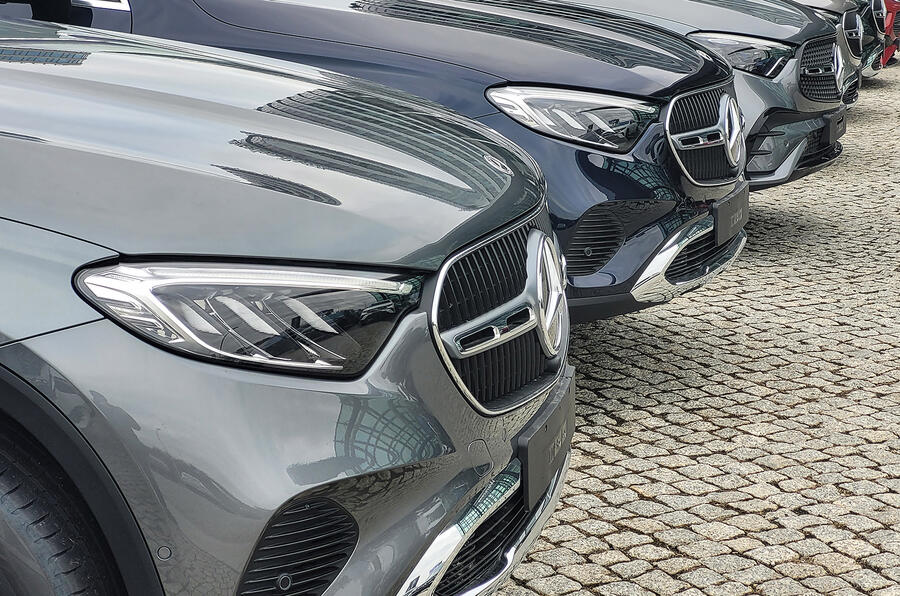It has been a tough few years for the UK automotive industry. A quadruple whammy of Covid, Brexit, logistics crises, and now the cost-of-living crisis cutting consumer confidence mean that UK car sales have been down by around -30% for three consecutive years and have only just started to recover – increasing by 17.9% in 2023.
But that doesn’t mean the troubles are over. The shift to electrification, the rise of a wealth of new challenger brands – especially the new industry giants from China entering the European and UK markets – the introduction of more complex connected vehicles and transformative legislation will pose big challenges for manufacturers and dealers alike.
Equally, the long-term role of the dealer in the sales model is changing dramatically as a result of gradually evolving consumer behaviour and the new agency model being investigated – or even adopted – by many manufacturers.
But that’s where Cox Automotive can help. Cox Automotive is the world’s largest automotive services organisation and is committed to helping manufacturers, fleets and dealers flourish in an ever-changing world. As part of this mission, Cox Automotive recently produced its fifth Insight Report, a comprehensive analysis of the trends shaping the automotive sector, which you can download for free here.
Cox Automotive’s Insight Director, Philip Nothard, will be part of an upcoming Autocar Business webinar discussing how car retailers can survive and thrive in a transformative year, alongside Stellantis UK vice-president Eurig Druce, Vertu Motors CEO Robert Forrester and Autocar Editor Mark Tisshaw. Audience members will also be able to submit questions during the event, which will be answered live by our panel. Sign up for free here.

New challenges for 2024
Perhaps one of the biggest hurdles faced by car makers in 2024 comes in the form of the new and long-awaited zero-emissions vehicle (ZEV) mandate. In short, it dictates that 22% of all manufacturers’ new car sales in the UK in 2024 must be ZEVs – rising to 28% in 2025, 33% in 2025, 38% in 2027, 52% in 2028, 66% in 2029, 80% in 2030 and finally 100% in 2035.
While necessary to accelerate the mass adoption of ZEVs leading up to the 2035 ICE ban, the mandate brings interesting challenges for both car makers and sellers. And when you consider that just 16.5% of new car sales in the UK in 2023 were all-electric, it’s clear that some manufacturers are ahead of the curve, while others lag far behind.
Those who fail to meet the 22% benchmark will face hefty fines, potentially resulting in a unique situation where car makers may actually restrict the sales of their ICE models to avoid penalty; this will, of course, worry dealers.







